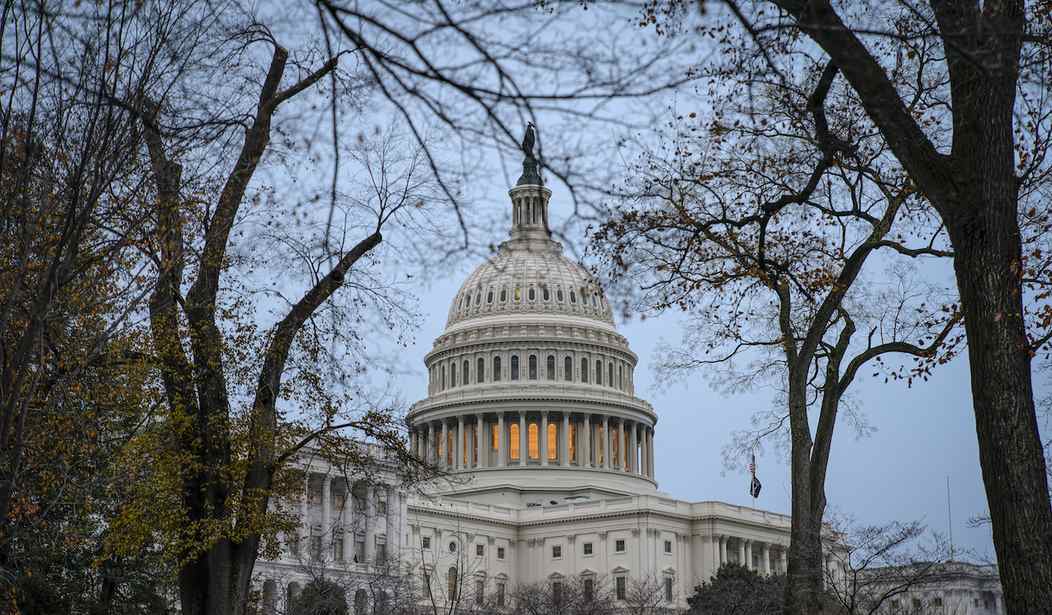If you haven't noticed rising prices here in America for the past twelve months, you're either Rumpelstiltskin or dead. And if you didn't expect rising prices, either you've not been paying attention to American monetary, fiscal, welfare, and pandemic policies or you've not understood basic economics.
So, May's year-on-year "inflation" rate was 8.6%, following on April's 8.3%, continuing a rapid rise that started in October.
The Federal Reserve's contribution has been a stupidly loose monetary policy for the last decade, with negative interest rates (i.e., paying people to borrow money) and "quantitative easing," which is "Modern Monetary Policy's" (aka Keynesianism's) term meant to mask the fact that it it's just creating "money" out of thin air, every new dollar reducing the spending power of every dollar already in the market, resulting in higher prices for goods and services.
The federal government's contributions have been multiple. First, it's over-regulated and otherwise overly restricted almost all sectors of the economy, restricting productivity, leading to fewer goods being chased by all those imaginary dollars, resulting in higher prices for goods and services paid for by those imaginary dollars. I said "almost all sectors" because one sector it hasn't regulated enough but has instead subsidized like crazy is "renewable energy," basically wind and solar, which can't generate electricity as cheaply or reliably as coal, natural gas, nuclear, and hydro and therefore push prices up and reliability down.
Recommended
Second, the federal government has imposed, or encouraged states to impose, lockdowns on our economy in the vain, utterly unsuccessful effort to reduce the spread of COVID-19, leading to far fewer people going to work producing all the goods and services for which those imaginary dollars bid, resulting in higher prices for goods and services.
Third, the federal government gave pretty much every American taxpayer three fat checks in the vain notion that these would offset the harm done by forcing so many of them to stay home from work, leading to millions leaving the labor force and the closure of millions of small businesses, resulting in fewer goods and services to be chased by those imaginary dollars, hence rising prices.
Oh, by the way, Democrats and Republicans share the blame for all this craziness.
America's governments-federal and state-aren't alone in having done such stupid, destructive things. China, of course, hugely reduced its manufacturing of all the things we and other countries worldwide import from it, leading to fewer goods chased by those imaginary dollars, hence rising prices.
Honestly, anybody who didn't foresee if not the timing at least the inevitability of serious price increases was either asleep or ignorant of basic economics. But I repeat myself.
The editors of National Review published some sober suggestions on June 13 about how the Fed and the governments should respond now. One thing's for sure: more of the hair of the dog that bit us will only make matters worse. A 180-degree reversal (Biblically, that's called repentance) is what's needed.
Sad to say, politicians' worries about the next election cycle stand in the way of that. And they do so because the public is as ignorant of basic economics as they are. The public doesn't want to go through the painful belt tightening necessary to end this government-caused crisis. It wants to mask the disease, not cure it.
So, what is to be done? We must generate widespread public understanding of basic economics and the determination not to vote for anybody who supports policies that are inconsistent with it.
I tried to impart such understanding with my book Prosperity and Poverty: The Compassionate Use of Resources in a World of Scarcity, an introduction to economics built on the foundation of Biblical worldview, theology, and ethics. Make no mistake about it: if our executive and legislative branches had been controlled by people who understood that and were committed to governing according to its principles, we wouldn't be where we are today---we'd have a much more prosperous, just, peaceful, and free society than we do.
More recently, Rainer Zitelmann, in The Power of Capitalism: A Journey Through Recent History Across Five Continents, has presented not so much a theoretical as an empirical defense of the free-market, capitalist economics the betrayal of which brought us to the present crisis. Chapter after chapter compares countries that chose more capitalist policies with similar countries that chose more socialist policies and shows the indubitable preferability of the former over the latter.
The cure of America's-and any other country's-economic ills will not come from the top down. It will come, if it comes, from the bottom up. Time to learn the economics we didn't learn in high school or even in college, but should have.
E. Calvin Beisner, Ph.D., is President of The Cornwall Alliance for the Stewardship of Creation.

























Join the conversation as a VIP Member